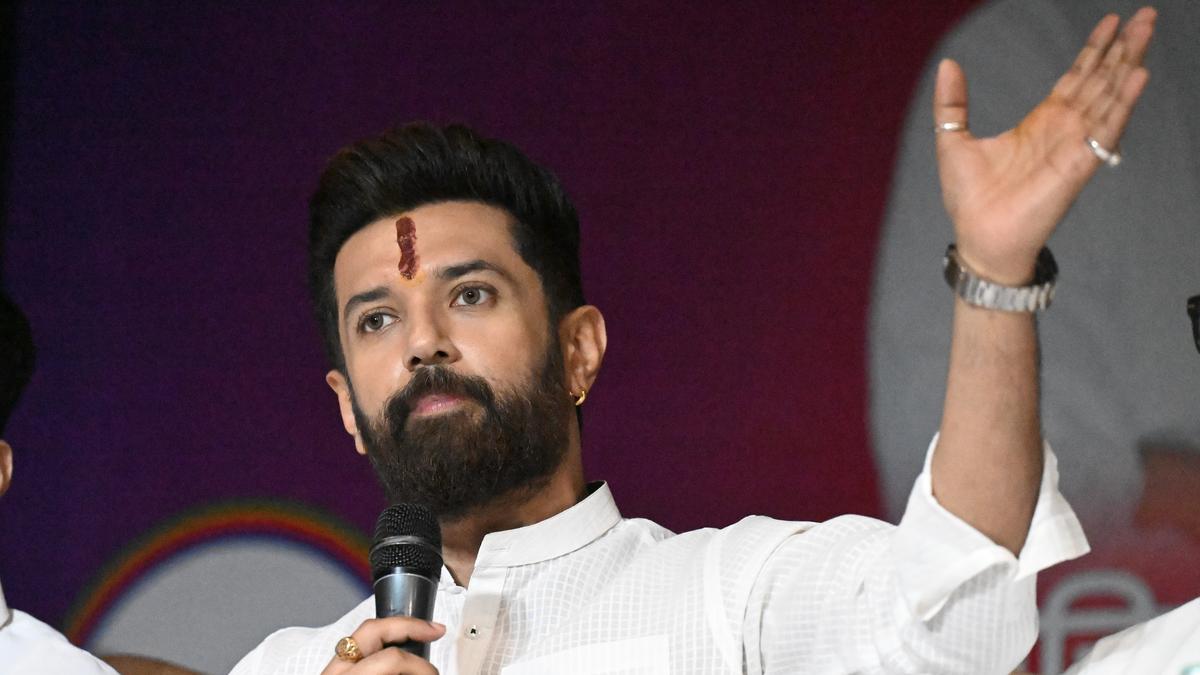Prime Minister Narendra Modi is expected to travel to Rio De Janeiro next month to attend the BRICS summit, sources said here. The gathering is being closely watched by the U.S. Trump administration that sees it as a counterweight to the G-7 group of developed nations. Russian President Vladimir Putin and Chinese President Xi Jinping are expected to attend, as well as the leaders of Saudi Arabia, the United Arab Emirates, Iran, Egypt, and Indonesia.
Mr. Modi’s attendance at the event comes soon after the four-day conflict with Pakistan, and India’s “new normal” on fighting terror. Any joint statement on cross-border terrorism by the largely economic grouping will be significant for India, officials said. Any meeting with Chinese President Xi Jinping, whom Mr. Modi last met on the sidelines of the previous BRICS summit in Kazan, Russia in October 2024, will also be watched with interest, given China’s support to Pakistan during Operation Sindoor, and plans to reset bilateral ties with the restart of the Kailash Mansarovar Yatra for Indian pilgrims to Tibet in June.
EDITORIAL | Building blocks: On the 16th BRICS Summit in Kazan
‘Rubbing the U.S. the wrong way’
In addition, BRICS discussions on the use of alternate or national currencies for trade are likely to trigger reactions in the U.S., given warnings in the past few months by U.S. President Donald Trump against any “de-dollarisation” plans by BRICS, and earlier this week by U.S. Commerce Secretary Howard Lutnick, who said that India’s participation in the BRICS grouping had ruffled feathers in Washington.
Speaking at the USISPF industry forum on Tuesday, Mr. Lutnick said that apart from buying military hardware from Russia, India had “rubbed the U.S. the wrong way” by being a part of BRICS. “[BRICS countries] are saying, ‘Let’s move to not support the dollar, and dollar hegemony…‘ That is not the way to win friends and influence people in America,” he added.
Also Read | PM Modi for financial integration among BRICS countries
‘The Rio reset’
The BRICS-11 — including original members Brazil, Russia, India, China and South Africa, and new entrants Saudi Arabia, the UAE, Egypt, Ethiopia, Iran, and Indonesia — now represent half the world’s population and 39% of global GDP. The G-7, on the other hand — comprising Canada, France, Germany, Italy, Japan, the United Kingdom, and the United States, along with the European Union — accounts for about 30% of the world’s GDP.
Washington-based think-tanks are billing the meeting of the BRICS grouping the “Rio Reset”, suggesting it will pose a challenge to Western economies. According to the Brazil Presidency’s concept note, the motto for this year’s BRICS summit will be: ”Strengthening Cooperation in the Global South for More Inclusive and Sustainable Governance.”
Also Read | BRICS is a statement of how profoundly world order is changing: EAM Jaishankar
No consensus on alternate currency
The note says the summit will discuss how to reform institutions like the International Monetary Fund (IMF) and the World Trade Organisation (WTO), “increase the representation of developing countries in leadership positions”, and reflect the contributions of the Global South to the world economy. In particular, it spotlights developing initiatives like the New Development Bank and Contingency Reserve Arrangement, but makes no mention of the use of alternate currencies.
In March this year, External Affairs Minister S. Jaishankar had clarified that India had no policy of trying to replace the dollar, and even said that there was no “unified BRICS position” on the issue. Mr. Jaishankar is expected to travel to Washington just before the BRICS summit, to attend the Quad Foreign Ministers’ meeting hosted by U.S. Secretary of State Marco Rubio on July 1. India and the U.S. are also keen to announce the first part of bilateral trade agreement before July 9, which is the Trump administration’s deadline to impose reciprocal tariffs.
WATCH | BRICS Summit: What did the Modi-Xi meeting achieve?
Special invitees
The BRICS summit on July 6 and 7, will also follow two weeks after the G-7 summit in Kanaskis, Canada, where newly elected Prime Minister Mike Carney has not so far invited Mr. Modi as a special invitee, though other emerging nations such as Brazil, South Africa, and Mexico have been sounded out. Sources said that formal invitations to special invitee countries will be sent by this weekend.
India has been invited to G-7 and G-8 events on many previous occasions in the past two decades, and Mr. Modi has attended every G-7 summit since 2019.
Published - June 04, 2025 08:59 pm IST



.png)
.png)
.png)
















 3 days ago
7
3 days ago
7









 English (US) ·
English (US) ·